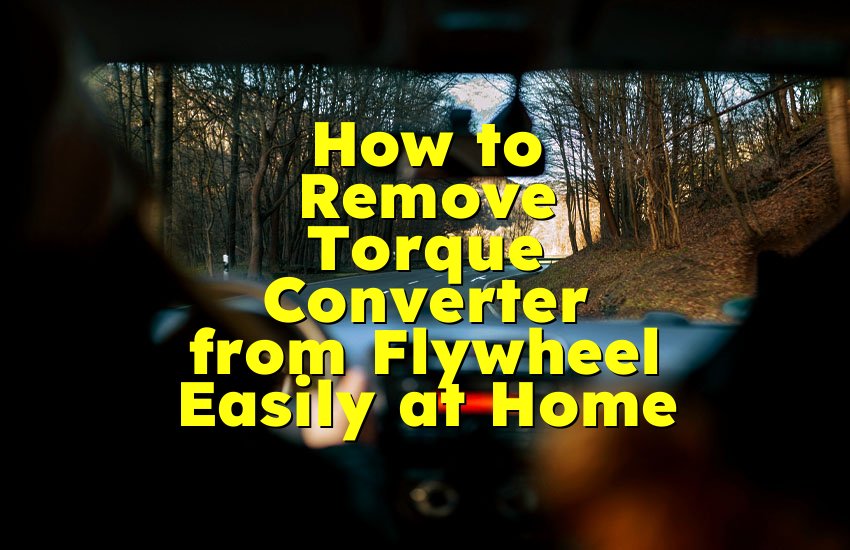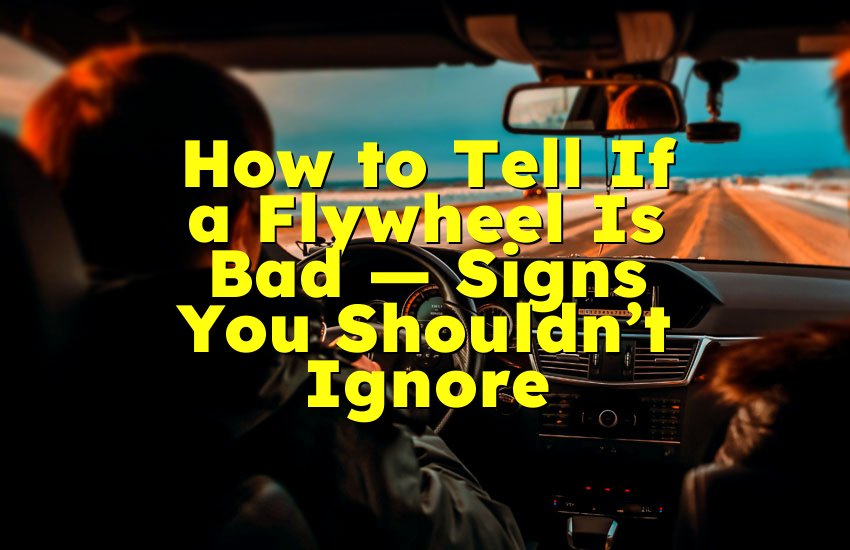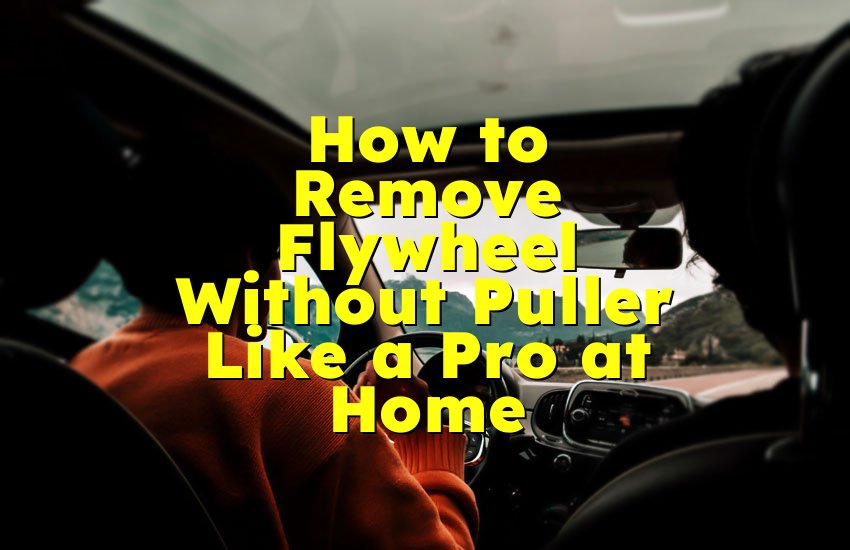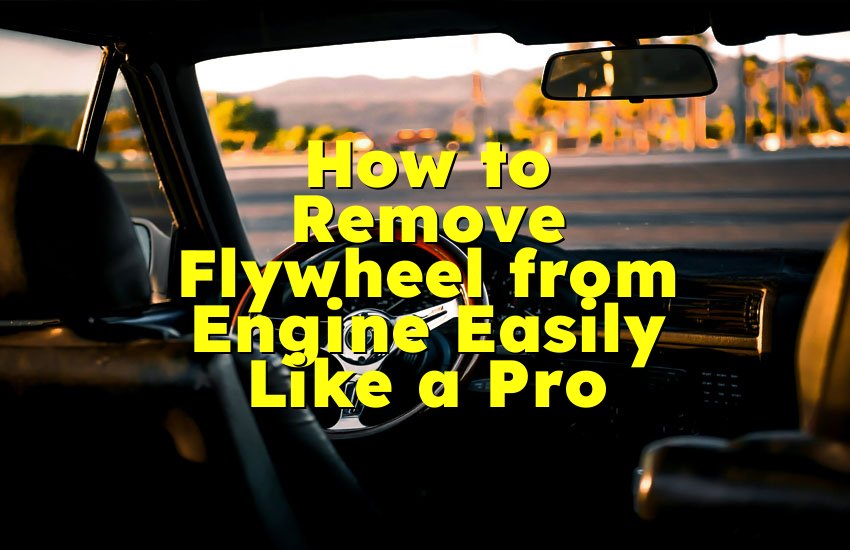As an Amazon Associate, I earn from qualifying purchases at no extra cost to you.
How Often to Change Air Filter in Car: Expert Guide
May be you've noticed your car's air feels stuffy or the engine sounds a bit tired. That might mean your air filter needs changing. Think about how you wear clean clothes every day to feel fresh — your car's air filter does the same job, keeping the air clean for the engine. But how often should you actually change it? Too long with a dirty filter can slow your car down and use more fuel, just like how dirty air makes you cough. In this post, I'll share simple tips on when and why changing your car's air filter matters a lot!
Understanding What an Air Filter Does and Why It Matters
Your car's air filter plays a very important role. It cleans the air before it reaches the engine. This might sound small, but it's actually huge for your car's health.
Every time your engine needs to burn fuel, it mixes fuel with air. If the air has dust, dirt, or leaves, those things can hurt your engine parts, causing damage over time.
A clean air filter lets air flow easily, helping the engine burn fuel better. This means your car uses fuel more efficiently, runs better, and even pollutes less.
When the filter gets dirty and clogged, the engine struggles to get air. It then works harder, uses more fuel, and performance drops. You may notice rough idling, less power, or bad gas mileage.
Also, a dirty air filter can cause black smoke from the exhaust or make your check engine light come on. If you want to avoid expensive repairs and keep your car running long, you must keep an eye on the air filter.
- The air filter cleans dirt from air before it reaches the engine.
- A clean filter helps the engine burn fuel efficiently.
- Dirty filters cause bad performance, more fuel use, and engine damage.
- Changing the filter protects your engine and saves money.
Factors That Affect How Often You Should Change Your Air Filter
There is no one-size-fits-all answer for how often to change air filter in car. Several things affect when you should do it. The most common recommendation from car makers is every 12,000 to 15,000 miles or once a year. But your situation might be different.
One big factor is where you drive. If you live in a dusty place, near farms, construction, or dirt roads, your filter gets dirty faster. You might need to change it every 6,000 to 10,000 miles. In cities with clean air, you can wait longer.
Another thing is how much you drive. If you drive a lot on highways, the air is usually cleaner, so the filter lasts longer. But stop-and-go city driving causes more pollution and dirt, so the filter clogs quicker.
Weather also plays a part. Dry, windy areas carry more dust, while rainy or snowy places might cause moisture to collect on the filter, which can reduce its life.
Lastly, the quality of the filter matters. Cheap filters may clog faster and need changing sooner, while high-quality or reusable filters can last longer but still need regular checks.
- Typical change time: every 12,000-15,000 miles or yearly.
- Dusty, rural, or construction areas need more frequent changes.
- City driving and lots of stops dirty filters faster.
- Weather affects filter life: dry/dusty or wet conditions.
- Filter quality changes how long it lasts.
How to Check Your Car’s Air Filter Condition Yourself
You don't need to be a mechanic to check your air filter. It's pretty simple and saves you from guessing when to change it. Most air filters sit inside a plastic or metal box near the engine. Usually, you just open the cover by undoing clips or screws.
Once open, take the filter out and look closely. If it looks dark gray or black and has lots of dirt or leaves, it's time for a change. You can also hold it up to light. If you can't see light through most parts, the filter is clogged.
Some filters can be gently cleaned by tapping or vacuuming, but this is not a permanent fix. Always check your car's manual to know the exact type of filter you have.
Checking the air filter every few months is a good habit, especially if you drive in dusty places. You'll avoid surprises like poor engine performance or bad smells from dirty air.
- Find air filter box near engine.
- Open cover and remove filter carefully.
- Look for dark color, dirt, or blockages.
- Hold filter to light; less light means clogged.
- Clean gently only if allowed, but mostly replace.
- Check filter every few months for best care.
Signs Your Car's Performance Shows It's Time to Change the Air Filter
Sometimes your car tells you it needs attention even if you don't look under the hood. A dirty air filter causes many signs you can notice while driving.
If your car feels sluggish when you press the gas, or it hesitates going uphill, the filter might be clogged. Poor acceleration is a common symptom. You might also smell fuel or notice the engine idles rough, meaning it's running unevenly.
Fuel economy dropping suddenly is a big red flag. A dirty air filter makes the engine work harder, so it burns more gas. If you find yourself refilling more often without changing your driving, check the filter.
Another sign is black smoke or soot around the exhaust pipe, which means the engine is burning fuel badly due to bad air flow. Sometimes the check engine light will turn on because the car's sensors detect the problem.
If you notice these signs, don't delay changing the air filter. Ignoring it could cause bigger problems and higher repair costs.
- Sluggish acceleration and rough idling.
- Sudden drop in fuel efficiency.
- Black smoke or soot from exhaust.
- Check engine light comes on.
- Unusual smells from engine area.
- These signs mean filter needs replacement now.
How to Choose the Right Air Filter for Your Car
Choosing the right air filter might seem simple, but it matters a lot. Using the wrong filter can reduce performance or even damage your engine. Always start by checking your car owner's manual or asking at a trusted auto shop.
There are different types of air filters. The most common is the paper filter, which is cheap and works well but needs regular replacement. Foam filters are reusable and good in dusty places but require cleaning and oiling. Cotton filters are high performance and reusable but cost more.
Make sure the filter fits your car perfectly. Too small or too large filters won't seal well and let dirt in. Buying a genuine or high-quality brand filter is better than the cheapest option, because it lasts longer and protects your engine better.
If you want extra protection or better airflow, you can look for filters with special features like layered materials or water resistance. However, always balance cost, maintenance, and your driving conditions.
- Check your car manual for correct filter type and size.
- Paper filters: cheap and easy, replace often.
- Foam and cotton: reusable but need cleaning.
- Fit is important; wrong size lets dirt in.
- Choose quality brands for best protection.
- Consider your driving needs and environment.
Tips to Maintain Your Air Filter and Extend Its Life
Even though air filters need replacing, you can help keep them cleaner longer with simple habits. One easy tip is to avoid driving in very dusty or dirty roads if you can. If you must, drive slower to reduce the amount of dirt getting sucked into the engine.
Regularly checking and cleaning your air filter can also extend its life. For reusable filters, follow the cleaning instructions carefully—usually washing with water or special cleaners and applying filter oil. Never reuse a filter that is torn or heavily clogged.
Keep the air filter housing clean too. Dirt or water inside the box can damage the filter or let contaminants through. Check the seals around the filter to make sure they are tight and not cracked.
Using a high-quality filter with good dust-holding capacity can also help it last longer. Lastly, don't wait for problems. Check your air filter regularly and replace it before it gets too dirty.
- Avoid dusty or rough roads when possible.
- Drive slower in dusty conditions.
- Clean reusable filters properly and oil them.
- Keep the air filter housing clean and sealed.
- Use quality filters for better dust trapping.
- Check and replace filters regularly to avoid damage.
Final Thoughts
Changing your car's air filter is one of the easiest and cheapest ways to protect your engine and save money on fuel. How often to change air filter in car depends on your driving habits and environment, but checking it every few months and replacing it at least once a year is a good rule. Clean filters mean better performance, less pollution, and fewer repairs. By understanding how your air filter works and keeping it in good shape, you help your car last longer and run smoother every day.
| What to Know | Details |
|---|---|
| Typical Change Interval | 12,000-15,000 miles or yearly |
| Factors Affecting Change | Driving area, habits, weather |
| Checking Filter | Visual inspection, light test |
| Signs for Replacement | Poor performance, bad mileage |
| Filter Types | Paper, foam, cotton |
| Maintenance Tips | Avoid dust, clean reusable filters |
Frequently Asked Questions (FAQs)
Is it necessary to change the air filter if I only drive a little?
Yes, even if you don't drive much, the air filter can still collect dust and dirt over time. Moisture and pollution in the air can build up and clog the filter, which can hurt engine performance. It is a good idea to check your filter at least once a year and replace it if dirty, regardless of mileage. Regular checks help avoid problems before they start.
Can a dirty air filter cause engine damage?
Yes, a dirty air filter can cause engine damage. When the filter is clogged, dirt and dust may enter the engine, wearing down important parts. Also, a clogged filter reduces airflow, making the engine work harder and overheat. Over time, this stress can cause serious mechanical issues and expensive repairs. Changing the filter regularly helps protect your engine from damage.
Do I need special tools to change my car's air filter?
No, you usually do not need special tools to change your car's air filter. Most filters are easy to access and can be removed by opening clips or screws on the air filter box. A screwdriver might be needed sometimes, but often you can open it by hand. It's a simple job you can do yourself in minutes with basic tools.
Is it okay to drive with a dirty air filter for a short time?
It is not ideal to drive with a dirty air filter, but a short time usually won't cause immediate damage. However, continuing to drive with a clogged filter reduces engine efficiency and increases fuel consumption. It can also cause rough idling or hesitation. To avoid problems, it's best to replace the filter as soon as you notice it's dirty.
Can I clean a paper air filter instead of replacing it?
No, paper air filters are designed to be replaced, not cleaned. Trying to clean them can damage the filter material and reduce its ability to trap dirt. Only reusable filters made of foam or cotton are meant to be cleaned and reused. For paper filters, replacement is the safest and most effective option.
Do I have to replace the air filter if the check engine light comes on?
If the check engine light comes on, it may be due to a dirty air filter among other causes. While a clogged filter can trigger sensors, it's important to have your car checked to confirm the exact reason. Replacing the air filter is a good first step if it hasn't been changed in a while, but if the light stays on, you should get a professional diagnosis.
Is it better to use expensive air filters than cheap ones?
Expensive air filters often use better materials and provide better airflow and dust protection, which can improve engine performance and last longer. Cheap filters might clog faster or allow dirt through. However, many affordable filters work fine for regular use. Choose a filter that fits your car and matches your driving conditions, focusing on quality rather than price alone.
Can using a reusable air filter save money in the long run?
Yes, reusable air filters can save money over time because you don't have to buy replacements as often. They can be cleaned and re-oiled, which extends their life. However, they need proper maintenance, and initial costs are higher. For drivers who want to reduce waste and save in the long run, reusable filters are a good option if used correctly.











